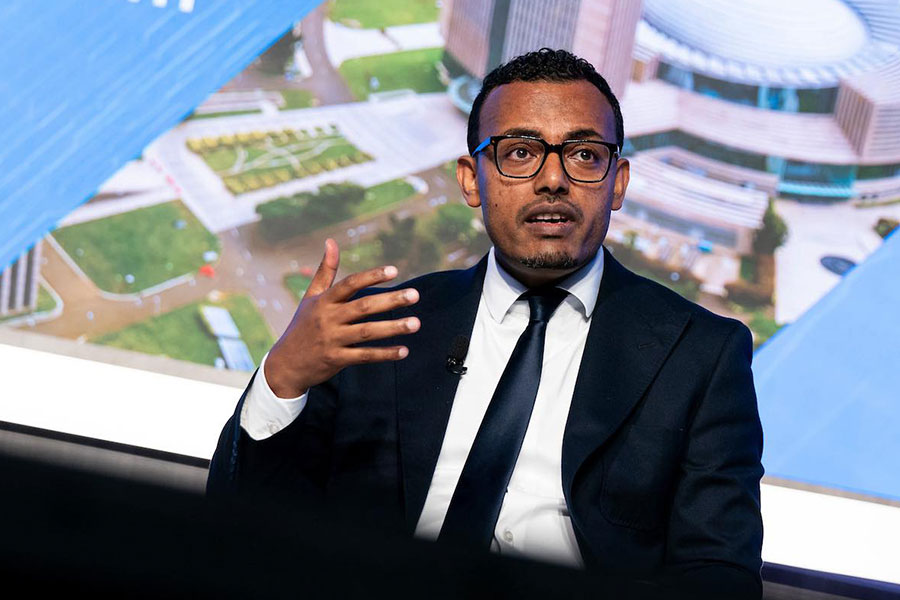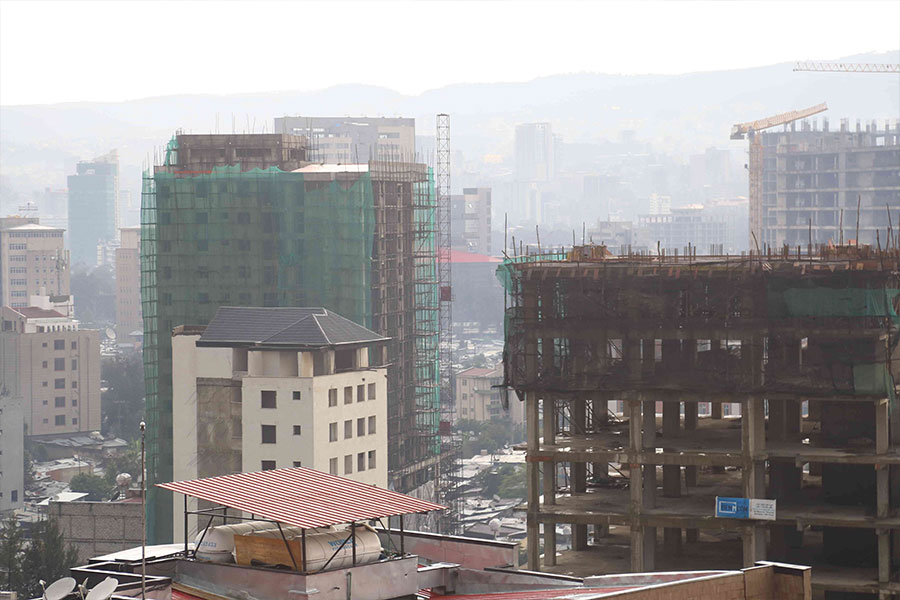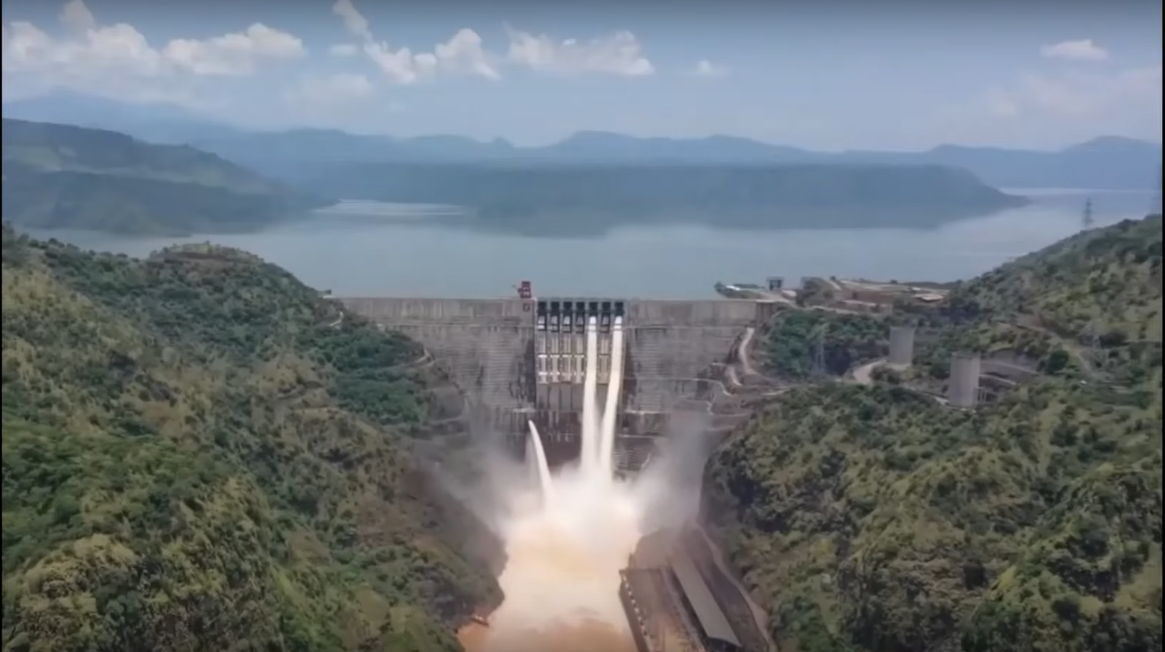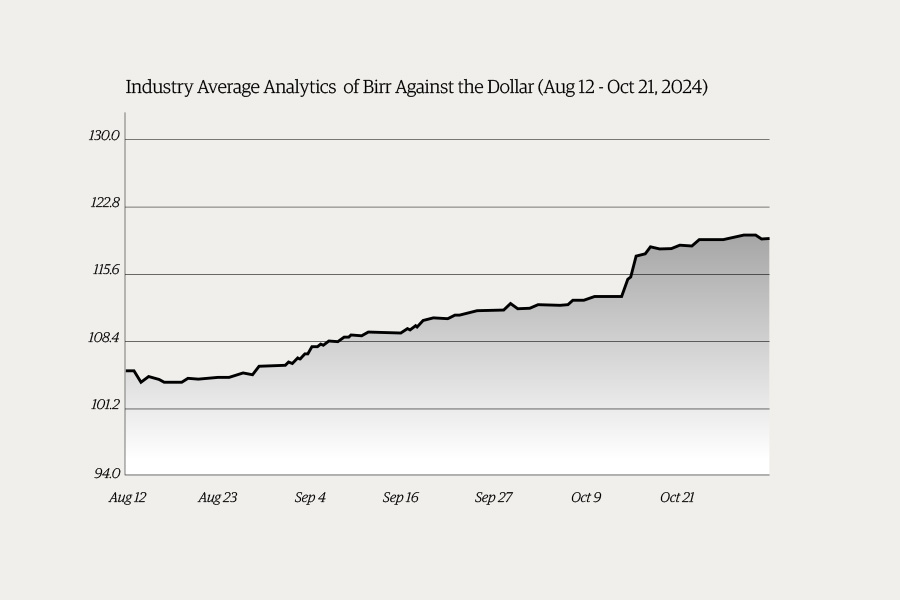
Jul 17 , 2022
By Daniel Yergin
Is today’s energy crisis as serious as similar previous ones – particularly the 1970s oil shocks – the world is asking, with consumers hit by high prices, businesses worried about energy supplies, political leaders and central bankers struggling with inflation, and countries confronting balance-of-payments pressures.
So, yes, this energy crisis is as serious. In fact, today’s crisis is potentially worse. In the 1970s, only oil was involved, whereas this crisis encompasses natural gas, coal, and even the nuclear-fuel cycle. In addition to stoking inflation, today’s crisis is transforming a previously global market into one that is fragmented and more vulnerable to disruption, crimping economic growth. And, together with the geopolitical crisis arising from the war in Ukraine, it is further deepening the world’s great-power rivalries.
Today’s energy crisis did not begin with Russia’s invasion of Ukraine, but rather last year when energy demand surged as the world emerged from the COVID-19 pandemic. That is when China ran short of coal and prices shot up. The global market for liquefied natural gas (LNG) then tightened, with prices skyrocketing, and oil prices rose as well.
Normally, with rising energy prices, a country like Russia would have increased its natural-gas sales to its main customer, Europe, above the minimum contracted volumes. Instead, it stuck to its contracts, even though it could have produced considerably more. At the time, it appeared that Russia was trying to force prices up. But, instead, the Kremlin may well have been preparing for war.
Because Europe depended on Russia for 35-40pc of its oil and natural gas, Putin assumed that the Europeans would protest the invasion but ultimately stand aside. Fixated on his self-appointed mission of restoring what he views as Russia’s historic empire, he did not anticipate how they would respond to an unprovoked war next door.
Looking ahead, five factors could make today’s energy crisis even worse. First, Putin has opened a second front in the conflict by cutting back on the contracted volumes of natural gas that Russia supplies to Europe. The goal is to prevent Europeans from storing enough supplies for next winter, and to drive prices higher, creating economic hardship and political discord. In his speech in June at the St. Petersburg International Economic Forum, Putin made his reasoning clear: “Social and economic problems worsening in Europe” will “split their societies” and “inevitably lead to populism … and a change of the elites in the short term.”
As it is, Germany is now anticipating the need for gas rationing, and its minister for Economic Affairs, Robert Habeck, warns of a “Lehman-style contagion” (referring to the 2008 financial crisis) if Europe cannot manage today’s energy-induced economic disruptions.
Second, a new or revived nuclear deal with Iran is unlikely. Thus, sanctions on the country will not be lifted – and that means Iranian oil will not be flowing into world markets anytime soon.
Third, although Saudi Arabia may step up its oil production to help “stabilise” oil markets in connection with US President Joe Biden’s upcoming visit, no gusher is likely to follow, because there does not appear to be a large amount of extra oil in Saudi Arabia (or in the United Arab Emirates) that can be produced on short notice. Meanwhile, many other oil-exporting countries cannot even return to their previous levels of production, owing to a lack of investment and maintenance since the pandemic.
Fourth, China’s demand for oil has been significantly reduced by its “zero-COVID” lockdowns, which have sharply curtailed economic activity. But if it lifts many restrictions, a big increase in oil consumption and demand will follow.
Lastly, however, tight the market for crude oil, there is even more tightness in the refining sector that produces the gasoline, diesel, and jet fuel that people actually use. This sector has developed into a complex, highly interconnected worldwide system. Russia was refining products that it was shipping to Europe, while Europe was sending gasoline that it did not need to the US East Coast, and so forth.
In some places, the system is going all out, with US refineries already operating at about 95pc capacity. But the system overall still cannot keep up with demand. Russian refineries are functioning only partly, depriving Europe of oil products; and not enough European gasoline is reaching North America. Chinese refineries are operating at less than 70pc capacity. Some four million barrels a day of refining capacity have been shut down worldwide, owing to the pandemic, new regulations, and challenging economics. Add in the risk of accidents, poor policy decisions, and a hurricane knocking out refineries on the US Gulf Coast, and the situation could get even worse.
That said, a few countries could still boost production. Canada – the world’s fourth-largest oil producer, after the US, Saudi Arabia, and Russia – could provide extra barrels in collaboration with its major market, the US. And US shale oil production is back in gear and could add 800,000 to one million barrels a day of new production this year – far more additional production than the rest of the world combined.
Other factors that could mitigate the crisis include price changes and how consumers respond. In May, US gasoline demand was seven percent less than in May 2019, before the pandemic. Some of that, however, may be the result of more people working from home.
An economic slowdown could also dampen prices. S&P’s latest global purchasing managers’ index points to a weakening of economic growth, with US manufacturing activity “slipping into a decline … to a degree only exceeded twice” – at the height of the pandemic lockdown and during the 2008 financial crisis. Likewise, European growth has slowed sharply to a 16-month low. Such slowdowns could reduce demand and lower energy prices. But, of course, they also will strain the Western alliance and popular unity.
The next six months will be critical, testing whether Europe can manoeuvre its way through the coming winter. In what Habeck called a “bitter” but “necessary” decision, Europe will need to burn more coal. In the difficult months ahead, there will need to be a more informed collaboration between the government and the industry that manages the energy flows on which modern economies depend.
PUBLISHED ON
Jul 17,2022 [ VOL
23 , NO
1159]


Agenda | Jun 29,2025

Radar | Sep 22,2024

Fortune News | May 31,2025

Fortune News | Dec 21,2022

Radar | Feb 24,2024

Fortune News | Oct 13,2024

Money Market Watch | Nov 03,2024

News Analysis | Nov 11,2023

Radar | Feb 17,2024

Radar | Nov 16,2024

Photo Gallery | 176596 Views | May 06,2019

Photo Gallery | 166807 Views | Apr 26,2019

Photo Gallery | 157345 Views | Oct 06,2021

My Opinion | 136925 Views | Aug 14,2021

Dec 22 , 2024 . By TIZITA SHEWAFERAW
Charged with transforming colossal state-owned enterprises into modern and competitiv...

Aug 18 , 2024 . By AKSAH ITALO
Although predictable Yonas Zerihun's job in the ride-hailing service is not immune to...

Jul 28 , 2024 . By TIZITA SHEWAFERAW
Unhabitual, perhaps too many, Samuel Gebreyohannes, 38, used to occasionally enjoy a couple of beers at breakfast. However, he recently swit...

Jul 13 , 2024 . By AKSAH ITALO
Investors who rely on tractors, trucks, and field vehicles for commuting, transporting commodities, and f...

Oct 18 , 2025
The political establishment, notably the ruling party and its top brass, has become p...

Oct 11 , 2025
Ladislas Farago, a roving Associated Press (AP) correspondent, arrived in Ethiopia in...

Oct 4 , 2025
Eyob Tekalegn (PhD) had been in the Governor's chair for only weeks when, on Septembe...

Sep 27 , 2025
Four years into an experiment with “shock therapy” in education, the national moo...

Oct 18 , 2025 . By NAHOM AYELE
In a sweeping reform that upends nearly a decade of uniform health insurance contribu...

A bill that could transform the nutritional state sits in a limbo, even as the countr...

Oct 18 , 2025 . By SURAFEL MULUGETA
A long-planned directive to curb carbon emissions from fossil-fuel-powered vehicles h...

Oct 18 , 2025 . By BEZAWIT HULUAGER
Transaction advisors working with companies that hold over a quarter of a billion Bir...